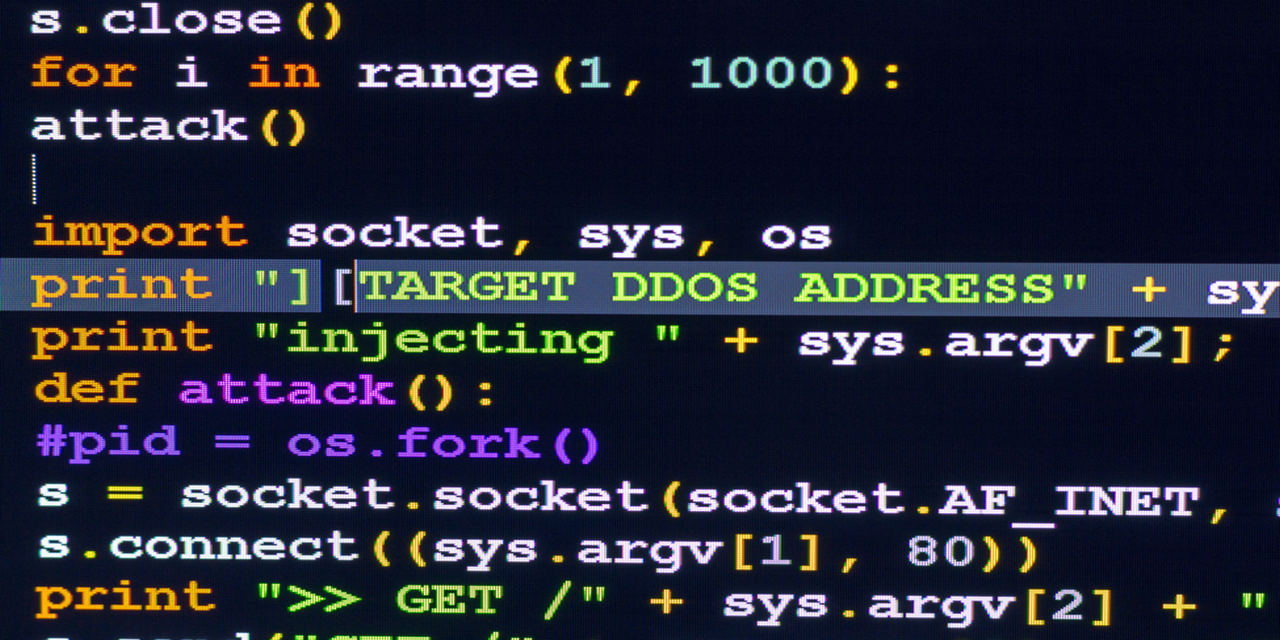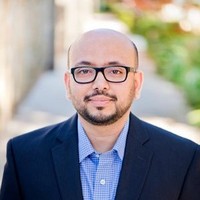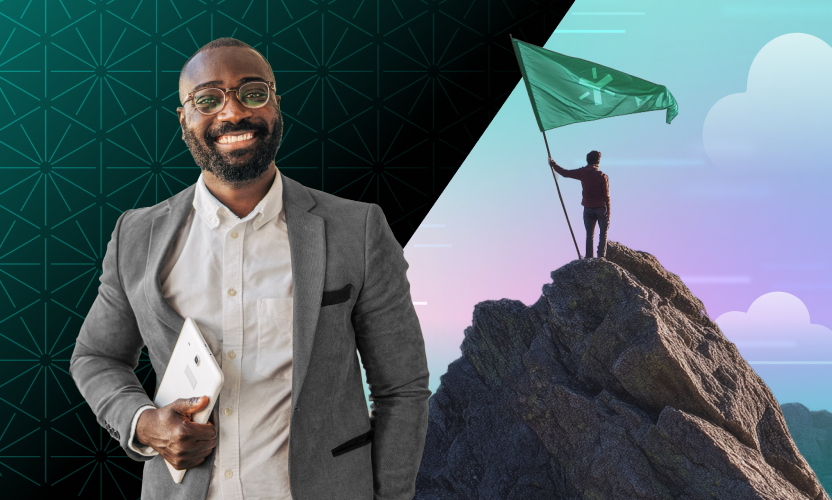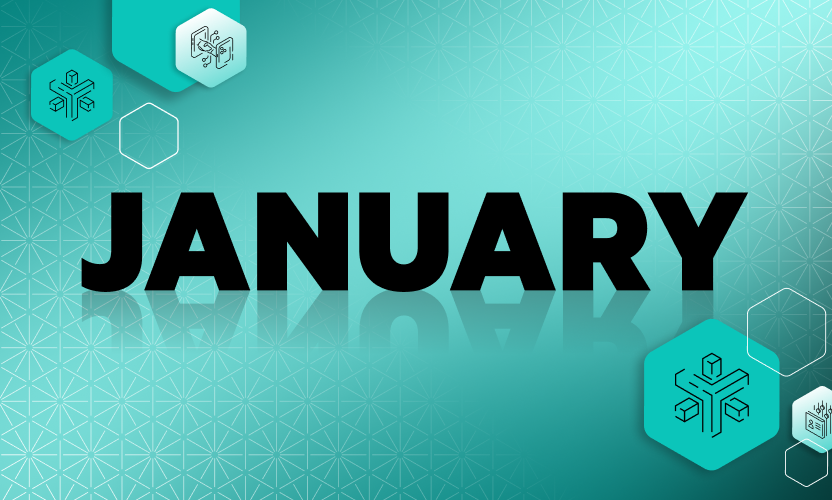
What the Dyn DDoS Attacks Taught Us About Cloud-Only EFSS
October 21st, 2016 went into the annals of Internet history for the large scale Distributed Denial of Service (DDoS) attacks that made popular Internet properties like Twitter, SoundCloud, Spotify and Box inaccessible to many users in the US.
About the Attack
The DDoS attack happened in three waves targeting DNS service provider Dyn, resulting in a total of about three hours of service outage. The attack was orchestrated using a botnet of connected devices including a large number of webcams sold by a single manufacturer, which simultaneously made tens of millions of DNS requests on Dyn’s servers.Here's a press release from Dyn about the attacks.Denial of Service attacks can be carried out in many ways and can either target individual properties, or services that support a multiple Internet properties. DNS services are common targets because they are essential to the operation of cloud-based services.P.S. Take a look at these videos for a basic overview of DDoS attacks or how DNS works.
Cyber Attacks are Getting Increasingly Sophisticated
There’s a growing trend of increasingly sophisticated cyber attacks targeting governments, political organizations, financial institutions and businesses in general. Victims of high-profile breaches in recent years include Target, eBay, Home Depot, JPMorgan Chase, LinkedIn, FDIC and Ashley Madison, but these are only a few notable names.Even as government and private organizations embrace cloud-based services, attacks such as the one on 10/21 should compel them to reevaluate “all in on the cloud” approaches to platforms, applications and data. Clearly, I’m not advocating pulling back from the cloud and into on-premises systems (Egnyte has a large cloud-only customer base) but this is a situation that pleads for a diversified risk mitigation strategy.
Is Uninterrupted Access Possible?
YES! The problem is in the thinking that everything has to be in one place - either in the cloud or off the cloud. Here’s where hybrid approaches come into their own. What if your application ran on the public cloud, but failed over to an on-premises or private cloud instance in the event of a public-cloud outage? What if your content (data) could reside in the cloud, on-premises or in both places simultaneously, depending how business critical, voluminous or regulated it is?
A Hybrid Approach to Enterprise File Sharing
Consider the Enterprise File Synchronization and Sharing (EFSS) solution space. Cloud-only providers like Box and Dropbox - that emerged as consumer services and subsequently moved into the business segment - arguably don’t account for the mission-critical use cases of governments and businesses, and their need for business continuity in the event of such outages.Consider how your organization will be impacted if all its corporate information resided in the cloud, and a DDoS or other form of cyber attack (or even a natural calamity) brought the cloud infrastructure down for several hours. How will it affect employee productivity? What would the revenue impact be? How would your brand image be affected?For most organizations, the impact of a cloud outage will be very significant. As such, exploring hybrid approaches becomes mission critical.
Hybrid is the Way Forward
MJM, a marketing and communications agency owned by WPP, initially used a cloud-only EFSS service for file sharing and collaboration but moved over to Egnyte after realizing that what it really needed was a hybrid file sharing solution. Learn more about MJM's transition here.Egnyte was built on the steadfast philosophy that:
- Enterprises need purpose-built solutions. From our inception, we've had a razor-sharp focus on serving the file sharing needs of organizations rather than consumers.
- While we enthusiastically embraced the cloud, we've always been aware that our customers need safeguards. Our hybrid approach to file sharing allows customers to leverage the advantages of both cloud and on-premises infrastructures for agility, reliability and business continuity.
If your cloud provider suffers an outage, Egnyte can seamlessly failover to your on-premises infrastructure and ensure that users, business processes and workflows remain unaffected. What's more, Egnyte relies on a multitude of DNS service providers for cloud access and can failover from a primary DNS provider to a secondary one to further limit the possibility of a cloud outage.

Egnyte Hybrid File Sharing It is best to assume that Internet outages are inevitable, and plan for continued access to essential files when your cloud infrastructure or Internet connectivity become unavailable. When the next outage occurs, will you be prepared?Learn more about Egnyte's hybrid approach here.






